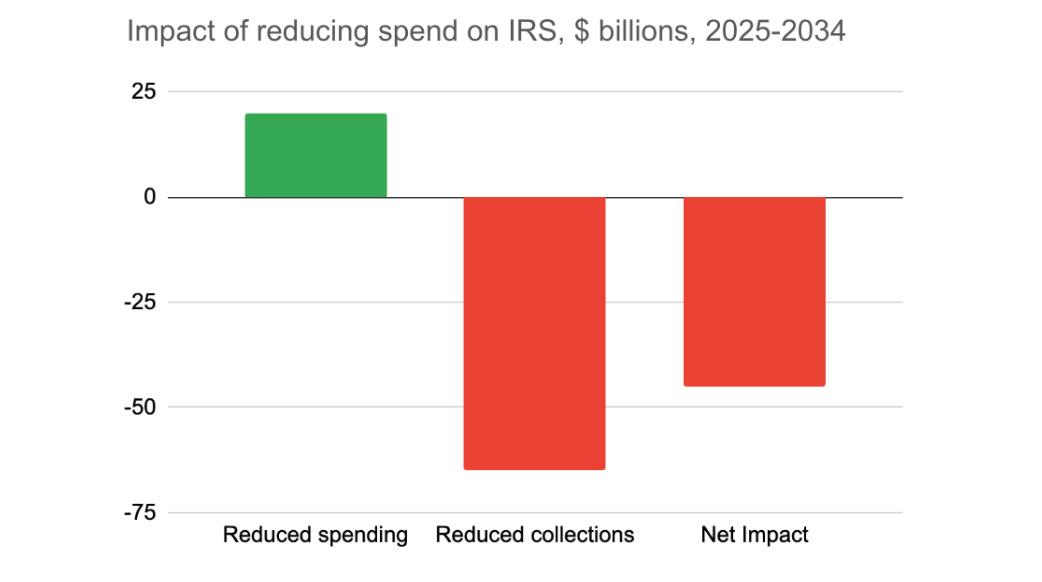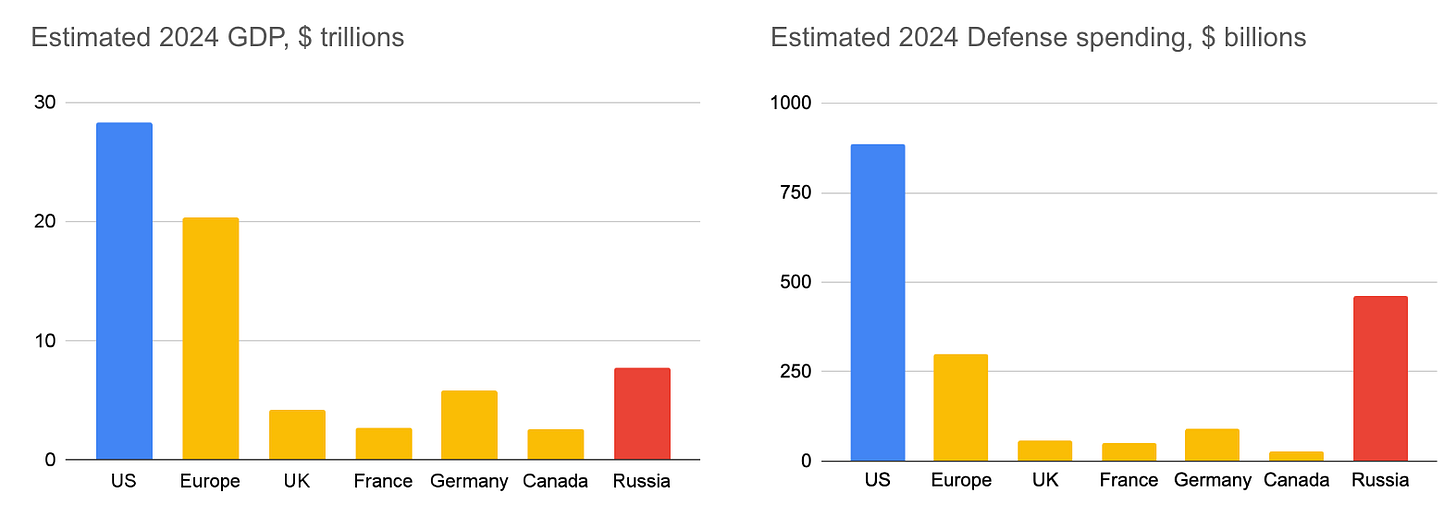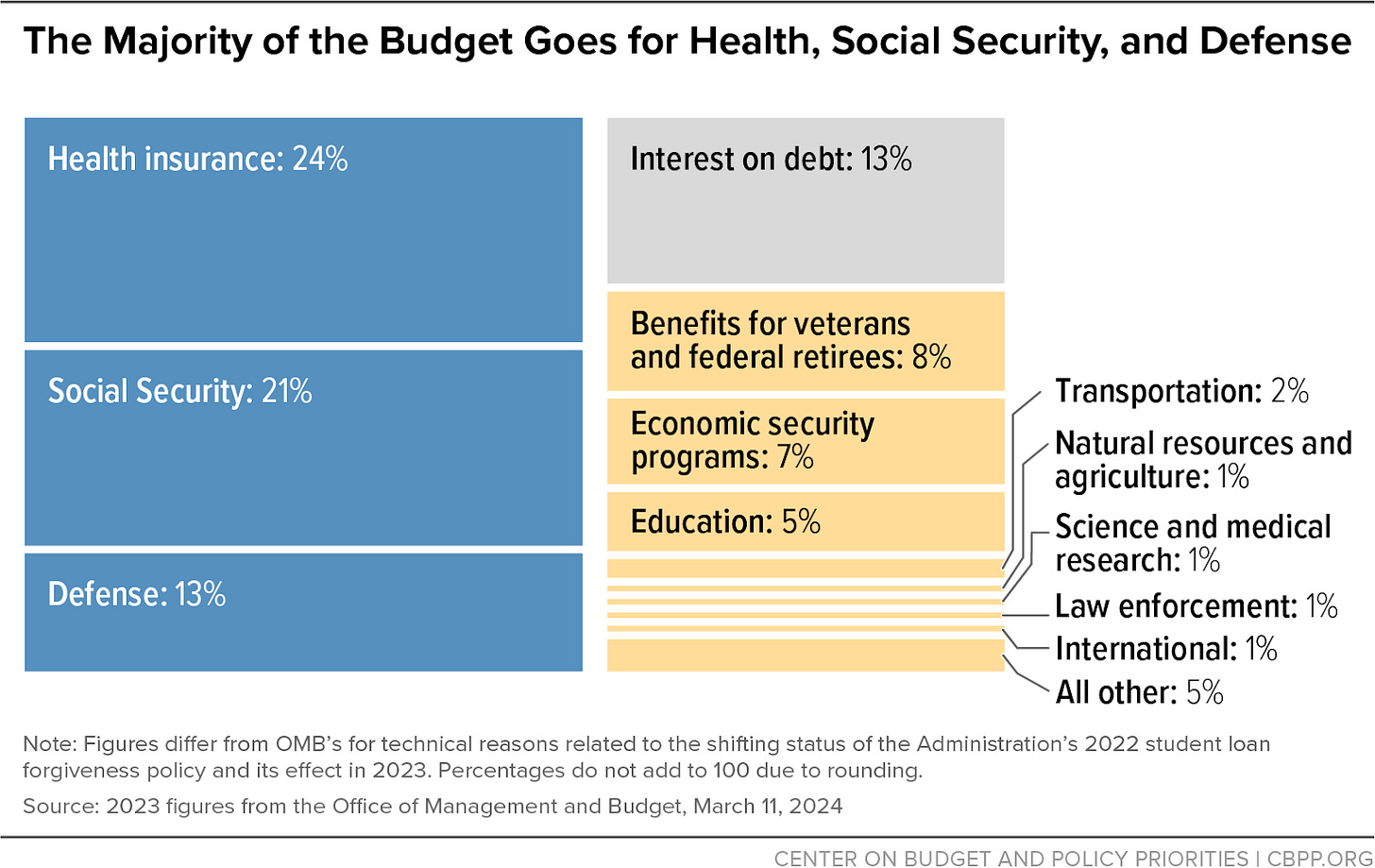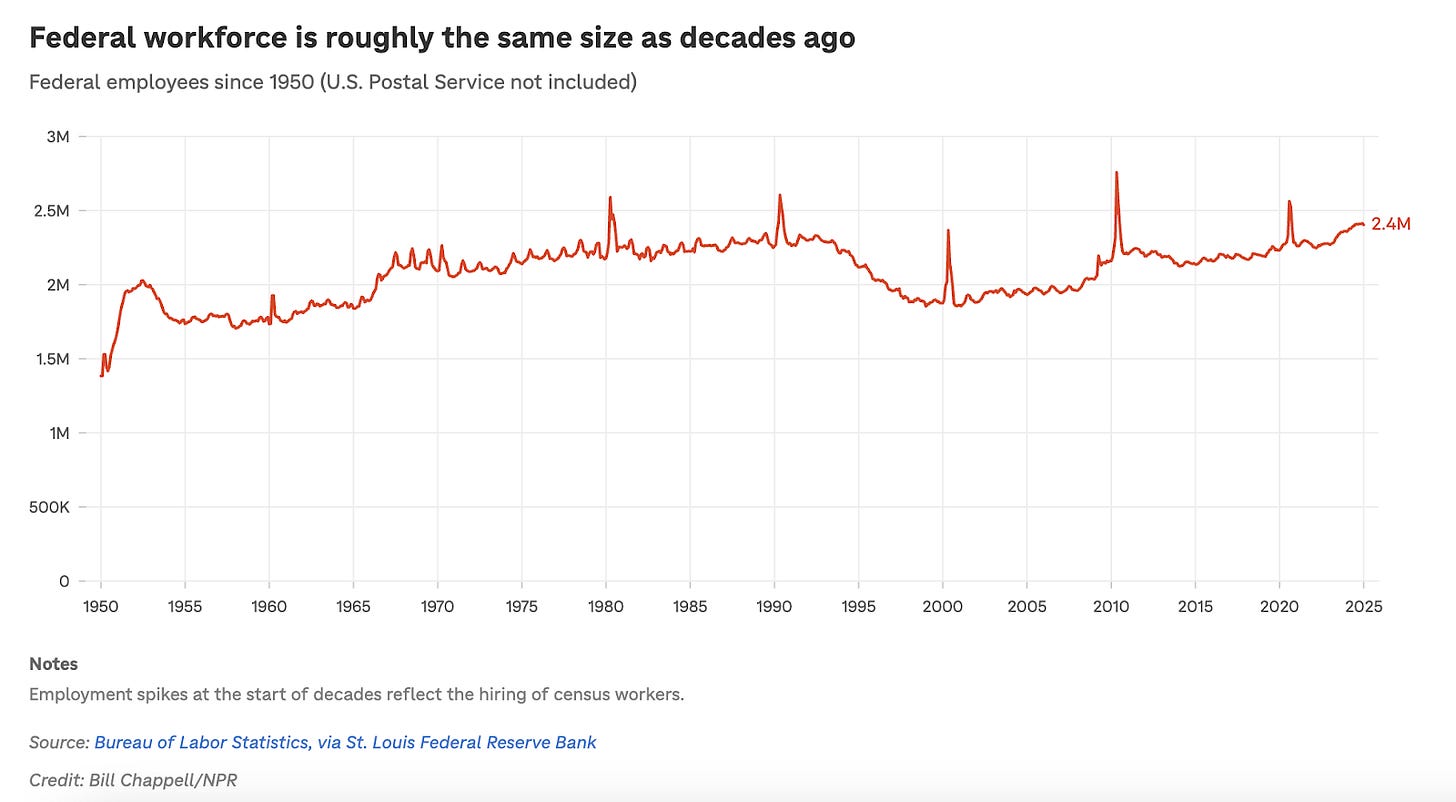No Way to Run a Company, Let Alone a Country
Why America's Top Executives Are Increasingly Alarmed by Washington's Approach
Business leader quiz time: you've taken over as CEO after the Board tossed the last CEO overboard. The business isn't in bad shape, but needs a tune-up. You're worried about debt levels and spending. Do you:
Cut price to reduce revenue, and slash accounts receivable collections?
Ditch your large-scale, long-term partners for smaller, less reliable former adversaries?
Focus cost reductions on low-spend areas while ignoring executive conflicts of interest?
If you answered "yes" to any of these questions, the Board would step in quickly. If "yes" to all three, you'd be out the door fast—or you'd be Donald Trump.
CEOs Are Losing Faith
It's no wonder business leaders are concerned. According to a recent survey of CEOs (60% of whom are Republicans):
80% find themselves "apologizing to international partners for Trump's capriciousness"
85% oppose his tariff approach and believe it's backfiring
92% are now concerned about recession
It's no wonder business leaders are concerned. In my recent piece 'It's the Economy, Stupid,' I predicted CEOs might find their voices once economic damage became evident. That moment has arrived.
The Business Logic Breakdown
Revenue Reduction: Cutting Costs Cuts Revenue
Nobody likes the IRS, but if you're concerned about deficits, you wouldn't cut taxes for the wealthy (who are least likely to immediately stimulate the economy) while reducing IRS enforcement capability.
The CBO estimates that cutting $20 billion in IRS investment would reduce revenue collection by $65 billion: $45 billion net loss.
Seven bipartisan former IRS commissioners warned this "shifts the burden from tax evaders to honest taxpayers." The current tax gap from underpayment? $700B annually, and growing.
All of this is on top of planned tax cuts that will add $4.5 trillion to the deficit, an average annual tax cut of $314,000 to the top 0.1% versus $600 to the bottom 60%.
If you’re worried about debt and deficits, both are bad moves.
Trade Wars: Alienating Allies, Driving a Recession
Launching trade wars with Canada, EU, Mexico, and China undermines decades of strategic alliances that have benefited our economy. Consumer sentiment and business confidence are plummeting as a result, pushing us toward recession.
Unlike the 2018 steel tariffs (which still cost more American jobs than they created but had an economic rationale), these new tariffs appear arbitrary and contradictory. After all, if our trade agreements with Canada and Mexico are unfair, the person to blame is Trump himself, who called the USMCA "the largest, fairest, most balanced, and modern trade agreement ever achieved" when signing it in January 2020.
Meanwhile, we're alienating historical allies while cozying up to Russia. As China once remarked to Treasury Secretary Hank Paulson, "You have all the good allies," while they're stuck with Russia, Iran, and North Korea.
While there are valid concerns about defense spending imbalances, undermining decades-long alliances that benefit our economy makes little sense in the short term or the long term.
Misguided Cost-Cutting: Big Talk, Small Targets
CEOs know that effective cost management means focusing on your largest expense categories. The Federal budget ($6.9T) is primarily spent on defense, Social Security, Medicare/Medicaid, and interest payments, but cuts are primarily targeting smaller agencies and Federal workers.
The Federal workforce remains roughly the same size as in the 1960s despite the US population doubling. Military and veterans' affairs represent 60% of this workforce, while the Department of Education (a frequent target) comprises just 0.2%, primarily administering programs like Pell Grants. With 80% of Federal employees working outside Washington DC, these cuts create economic ripples nationwide.
The approach lacks business logic: Department of Agriculture cuts target wildfire prevention and food safety rather than $20B in annual corporate farming subsidies. NIH and university research grants labeled as "woke" are being slashed despite being the backbone of American innovation leadership.
Implementation has been unnecessarily chaotic: mass layoffs (some temporarily reversed) that were ill thought-through, employees ordered on Thursday to relocate across the country by Monday, staff returning to offices where leases were cancelled, or workers assigned to storage units or shuttered Subways.
The chaos may be the point. As OMB Director Russ Vought put it, "We want the bureaucrats to be traumatically affected...we want them to not want to go to work because they are increasingly viewed as the villains."
For CEOs watching this unfold, the message is clear: this isn't about fiscal responsibility—it's about creating disruption, even at the cost of increasing unemployment and recession risks.
Net/Net: CEOs Don't Like Chaos
On October 31st of last year, the WSJ ran “The Next President Inherits a Remarkable Economy.” In January, CEOs were excited. By March, they’re deeply concerned.
While tax cuts benefit executives personally, the surrounding chaos undermines business fundamentals. Unpredictable tariffs freeze investment planning. Fanning divisions over DEI policies create no-win situations. Cuts to essential agencies like the FAA, CDC, and NIH raise concerns about infrastructure safety and workforce health. Reduced research funding threatens America's long-term competitive edge.
As one CEO put it, "I don't trust that what's said today will be true tomorrow."
In business, predictability and stability create the foundation for growth and innovation - precisely what's being sacrificed today.






It's just mass chaos right now and I'm not sure how anyone would think the way they're going about these cuts are going to lead to effective and positive change. The ripple effects are going to be felt for decades.
Thanks, Brian, for laying this out with hard data. It makes NO business sense. I want to hear from pragmatic CEOs who's voice is heard in the White House to bring sense to this insanity. Who are those CEOs? Where's their voice? May main steam media focus on THEM and not that guy who's EV company is the most hated in the US right now.